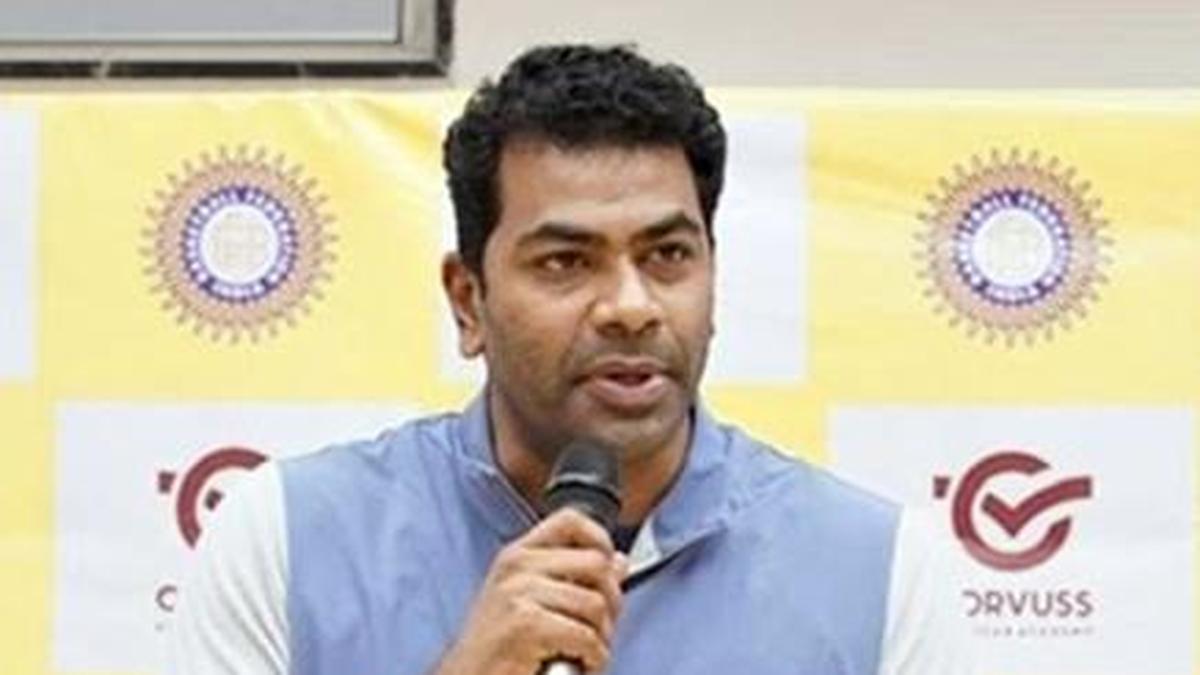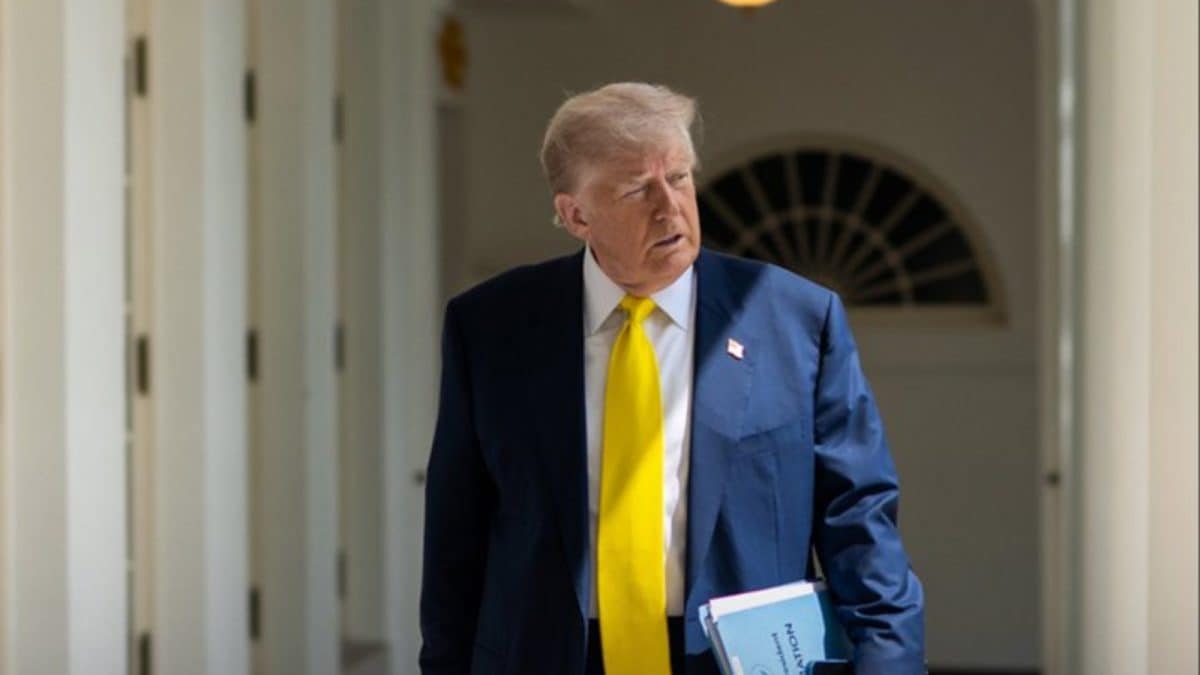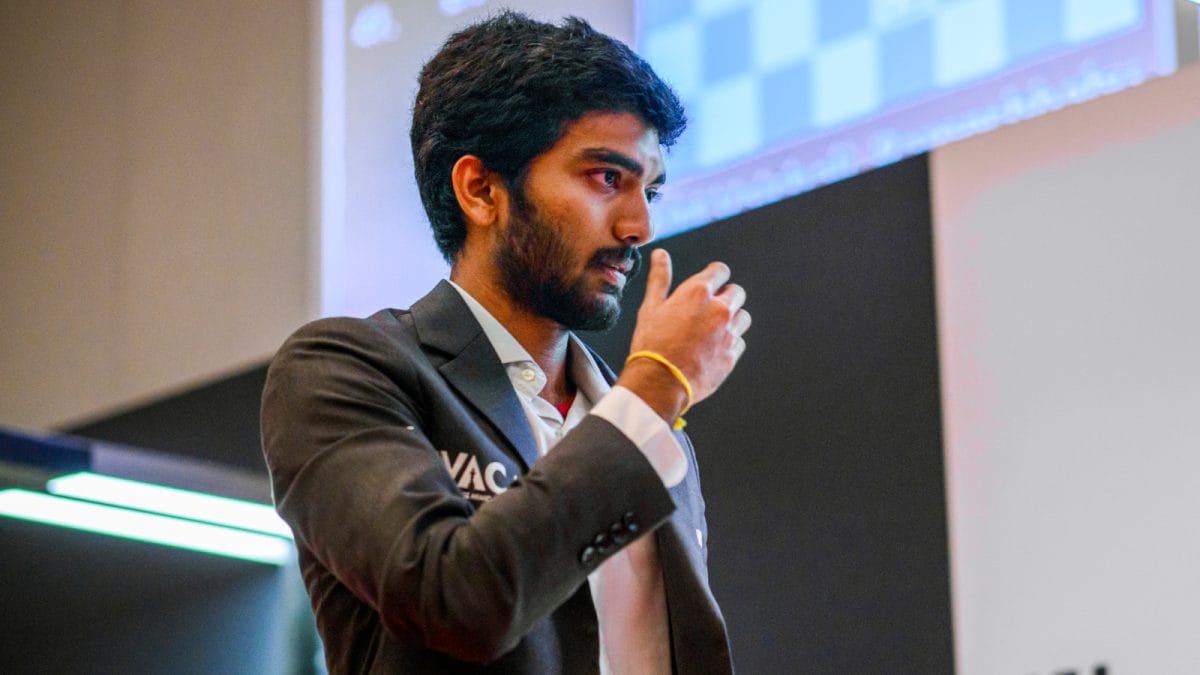‘A literary historian working primarily with Hindi and Urdu materials’ is how Francesca Orsini describes herself in her official profile on the website of the School of Oriental and African Studies (SOAS) of the University of London.
This benign description though overlooks the seminal nature of her work for Hindi language and in particular on the making of the Hindi public sphere in the early 20th century, say fellow academics. When the Italian scholar was denied entry into India and deported for violating visa rules from Delhi’s Indira Gandhi International Airport, there were both surprise and shock in literary circles.
For they feel Ms. Orsini is not known to make political statements and nor is there any known controversy attached to her works.
Her range of work includes studies of Hindi periodicals, oral traditions like Bhojpuri songs and ‘katha’, and cultural and social dimensions of ‘Hinglish’, Hindi-English language mixing in media and everyday life.
After a BA in Hindi from Venice University in Italy, she studied in Delhi at the Central Institute of Hindi and Jawaharlal Nehru University before going to SOAS for her doctorate for which she worked on the Hindi literary sphere of the 1920s and 1930s.
She then found her interest in book history and worked on commercial publishing in Hindi and Urdu in the 19th century, which interestingly saw a proliferation of “oral-literate” genres printed in both Hindi and Urdu scripts just as modern rigid language ideologies consolidated.
Back at SOAS after teaching for several years at Cambridge, Ms. Orsini ran a research project on ‘North Indian Literary Culture and History’ that sought to rethink the history of early modern north Indian literature from a sustained multilingual perspective.
The scholar, currently professor emerita at SOAS, is now finishing a book on the multilingual literary history of Awadh from the 15th century to the early 20th century. She is also a fellow of the British Academy and a member of the Steering Committee of the British Comparative Literature Association and of the Institute of World Literature. In 2013-14, she was a Fellow at the Radcliffe Institute, Harvard University, and has also had visiting positions at Columbia University and the University of Pennsylvania.
Noted works
She is the author of The Hindi Public Sphere (2002) and Print and Pleasure (2009), and editor of Love in South Asia: A Cultural History (2006) and Before the Divide: Hindi and Urdu Literary Cultures (2010). Her edited volume on Hinglish (with Ravikant) has recently appeared with Orient Black Swan, New Delhi (2022).
“One could disagree with her views but cannot take way the academic value of her work. Blocking her entry is a loss for academia more than for her. Of particular interest has been her work in exploring the evolution of her work in how Hindi and Urdu evolved into distinct languages from the same roots,” Purushottam Agrawal, a noted writer and literary critic, told The Hindu.
Ms. Orsini had a valid five-year tourist e-visa when she was deported. She arrived in India via Hong Kong, prior to which she attended a conference in China. She last visited India in October 2024. Although Ms. Orsini had a tourist visa, she was “regularly violating” visa conditions. This is a standard global practice that if a person is found violating visa conditions, he/she can be blacklisted, the government said.
According to an official, the Italian national, while on a tourism e-visa in 2024, spoke at a university, and conducted research, which was considered a violation of the terms of her visa.
A section of political leadership and academia though feels that the move was reflective of the government’s growing “intolerance” towards the understanding of India’s composite cultural heritage as evidenced by Ms. Orsini in her work on the origin and development of Hindi and Urdu cultures.
“The decision to bar her [Orsini] from the country is not a matter of immigration formality but a symptom of the Modi government’s hostility towards independent, serious-thinking, professional scholarship,” Congress leader Jairam Ramesh wrote in a post on X.

 6 days ago
9
6 days ago
9







 English (US) ·
English (US) ·